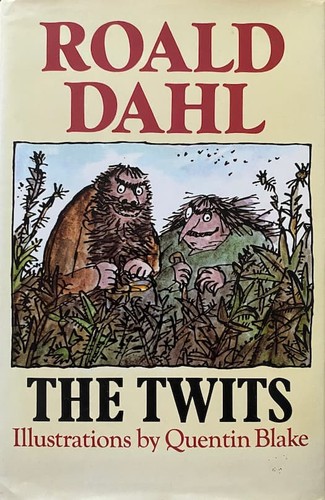Conditional
[B1] English Conditional: learn conditional sentences (zero, first, second, and third conditionals). This module explains form, usage, tense, and meaning with clear examples and practice for English learners.
Conditional
Conditionals explain what happens if a condition is true or happens. They are built from two parts: the if-clause, which states the condition, and the main clause, which states the result. English uses different conditional patterns to show whether the condition is general, likely, unlikely, or impossible. Choosing the right pattern depends on time reference and how real the situation is.
Which two parts make up a conditional sentence?
Clause order
A conditional sentence can start with the if-clause or the main clause. If the if-clause comes first, it is usually followed by a comma. If the main clause comes first, a comma is usually not used. The meaning stays the same; the order mainly affects emphasis and style.
Rule | Example |
|---|---|
Which sentence correctly follows the comma rule when the if-clause comes first?
Zero conditional
Use the zero conditional for general truths, scientific facts, and habits where the result always follows the condition. Both clauses use the present simple because the sentence describes a timeless relationship, not a specific future event. This conditional often sounds like a rule or instruction.
Rule | Example |
|---|---|
First conditional
Use the first conditional for real and possible situations in the future and their likely results. The if-clause uses the present simple, and the main clause usually uses will plus the base verb. This pattern talks about a future consequence that depends on a condition that may happen.
Rule | Example |
|---|---|
Second conditional
Use the second conditional for unreal or unlikely situations in the present or future. The if-clause uses the past simple, but it refers to the present or future, not the past. The main clause uses would plus the base verb to show the result is hypothetical. This conditional is common for imagining different realities and giving advice politely.
Rule | Example |
|---|---|
Third conditional
Use the third conditional for unreal past situations: conditions that did not happen and results that did not happen. The if-clause uses past perfect, and the main clause uses would have plus the past participle. This conditional is common for regret, criticism, and imagining alternative past outcomes.
Rule | Example |
|---|---|
Mixed conditional
Mixed conditionals combine different time references in the condition and the result. A common pattern is a past condition with a present result, showing that something in the past still affects the present. Another pattern is a present condition with a past result, showing an ongoing state causing a past outcome. The tense choice reflects the time of each clause, not a fixed conditional type.
Rule | Example |
|---|---|
Which sentence shows a past condition with a present result (past → present)?
Modal results
The result clause does not always use will or would. Modals change meaning: can for ability, may or might for possibility, should for advice, and must for strong necessity. You can also use an imperative in the main clause to give instructions. The if-clause tense still follows the conditional type, while the modal shows attitude and strength.
Rule | Example |
|---|---|
Unless
Unless means if not and introduces the only condition that prevents the result. It is used in place of an if-clause with a negative meaning, but you usually keep the verb positive after unless. It commonly appears in rules, warnings, and agreements. The tense in the unless-clause follows the same logic as an if-clause.
Rule | Example |
|---|---|
Which sentence correctly paraphrases 'You will fail unless you study.'?
If variations
English often uses alternatives to if to express conditions with different meanings and levels of formality. Provided that and as long as emphasize a strict requirement. In case means as preparation for a possible problem. Even if means the result is true despite the condition. These forms help you express precise conditional relationships beyond basic if.
Rule | Example |
|---|---|
Which sentence uses 'in case' to show precaution?
Conditional meaning
Choosing a conditional is mainly about reality and time. Zero conditional states general cause and effect. First conditional predicts a likely future result. Second conditional imagines an unreal or unlikely present or future. Third conditional imagines a different past. Mixed conditionals link different times to show lasting consequences or background causes.
Which conditional is used for a general cause-and-effect or timeless truth?
















